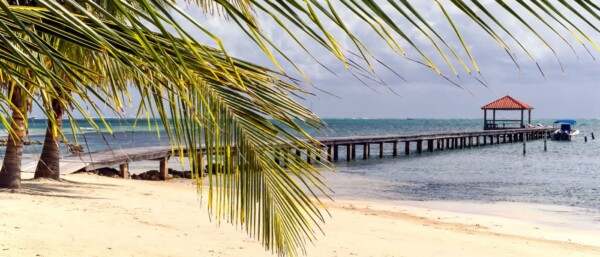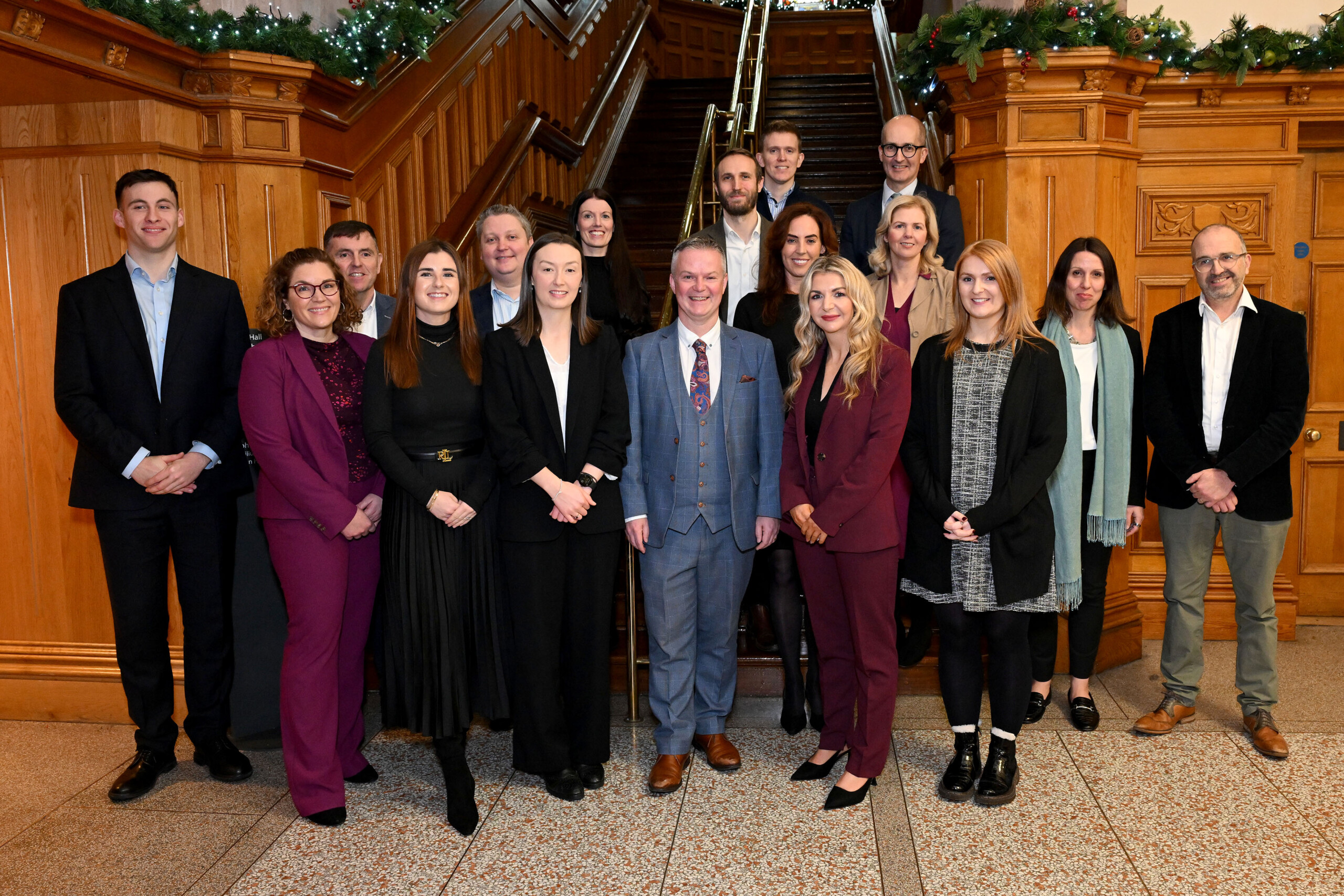
Empowering the future of eco-tourism: Skills development as a key factor for success
Eco-tourism has become an increasingly popular form of travel, appealing to those seeking unique and sustainable experiences. Practiced across a wide geographical range including beaches, rainforests, mountainous areas and national parks, it focuses on uniting conservation, communities, and sustainable travel.
The rise of the sustainable tourist has created opportunities for eco-tourism to thrive, providing positive impacts for both the environment and local communities. Belize is a prime example of the potential that eco-tourism holds. The appeal of Belize’s natural wonders, coupled with growing global consciousness around environmental conservation, positions eco-tourism as a promising opportunity for Belize’s economic future.
However, it also presents several actions that need to be addressed for the industry to flourish sustainably. One key factor for success is a well-equipped workforce with the necessary skills and knowledge to navigate the transition to eco-tourism effectively.
A project we are currently working on, funded by the InterAmerican Development Bank aims to implement a methodology for the tourism industry in Belize to transition to eco-tourism and to identify the required skills needs for the transition and how to develop them within the industry.
Our approach to this is centred around creating an industry-endorsed strategy. Using a comprehensive framework, we are approaching this through four key steps:
- Research and analysis: Desk-based research on global current and emerging trends in eco-tourism, that have risen from both government and non-governmental initiatives, including regional benchmarks. To achieve this, we are drawing from our experience in the tourism sector in Belize, as well as from other tourism destinations in the UK and across the globe.
- Development of a transition strategy from tourism to eco-tourism: To create a pivot structure towards eco-tourism, we are analysing Belize’s current national tourism strategy to assess how eco-tourism is included and identifying the profile of the tourist that will be attracted to all that Belize can offer in terms of eco-tourism experiences. We are also carrying out an assessment of the current state of the tourism sector in Belize, including its potential to pivot to eco-tourism. Bringing these findings together, a roadmap will outline the necessary elements and steps to facilitate this transition effectively.
- Stakeholder engagement and industry needs: A comprehensive and in-depth stakeholder engagement effort in order to appropriately map out all interested parties, understand their needs to make the transition. We are also undertaking a skills needs assessment and assessing the existing training provision to identify any gaps or mismatch.
Our findings will set out a series of recommendations to meet skills gaps, needs and shortages to make the transition, and will include:
- Suggested mechanisms to encourage employer participation in skills development processes.
- Suggested technical education and vocational training institutions that could potentially support stakeholders to develop the required skills to pivot and/or modules that meet the demands for the transition and can address gaps.
- Examples of green standards for the hospitality and tourism industry.
Early findings suggest that a career in eco-tourism requires a combination of specific skills, knowledge and a commitment and passion for environmental conservation, including:
- Environmental conservation and biodiversity knowledge
- Sustainable tourism practices
- Interpretation and guiding skills
- Community engagement and cultural awareness
- Digital marketing and sustainable branding
- Eco-friendly infrastructure and operations
By making the investing in skills development, Belize will establish itself as a leader in eco-tourism and set an example for other countries looking to develop their sustainable tourism industry.
To support the acquisition of new skills but also life-long education and continuous reskilling and upskilling in tourism, the Next Tourism Generation Toolkit provides ideas, examples and tools on how to improve green skills, as well as digital and social skills.



